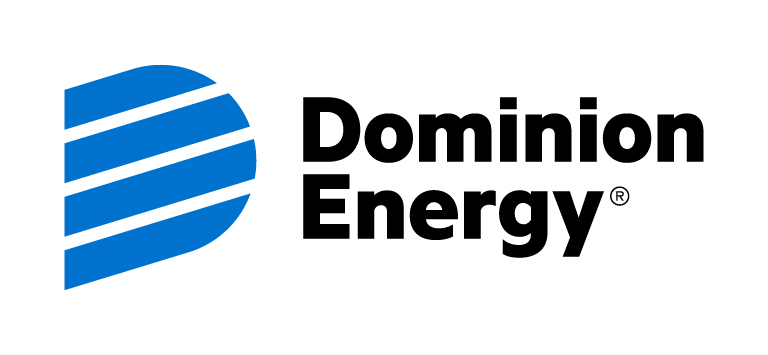Dominion Energy Utah, Wyoming, and Idaho Methane Challenge Partner Profile
Natural Gas STAR Partner Since 2018 | Methane Challenge Partner Since 2016
 Dominion Energy Utah, Wyoming, and IdahoExit has committed to apply best management practices (BMPs) across its operations to mitigate methane emissions from the emission source listed below.
Dominion Energy Utah, Wyoming, and IdahoExit has committed to apply best management practices (BMPs) across its operations to mitigate methane emissions from the emission source listed below.
Learn more about Dominion Energy Utah, Wyoming, and Idaho's progress towards meeting its commitments to implement methane-reducing technologies and practices related to this emission source:
Background Information: Information submitted by Dominion Energy Utah, Wyoming, and Idaho, including its full dataset, can be found on its document page. This page includes the following documents:
- Methane Challenge Implementation Plan
- Methane Challenge Reported Data
Distribution
Excavation Damages
Learn more about emissions from excavation damages, available options to mitigate emissions, and what the BMP Commitment for excavation damages entails.
| Year | Reporting Rate (%) | Target Rate and Year (%) |
|---|---|---|
| 2016 | 100 | -1 |
| 2017 | 88.8888888888889 | -1 |
| 2018 | 100 | 100 |
| Commitment Details | Company Selection |
|---|---|
| Segment: | Distribution |
| Target Year: | 2018 |
| Target Reporting Rate: | 100% |
| Current Reporting Rate: | 100% |
Graph shows: The blue bars show Dominion Energy Utah, Wyoming, and Idaho (Questar)’s annual progress towards reporting on all Excavation Damages data elements. The green star indicates its 2018 target annual rate (100%).
Methane Reductions
The Methane Challenge program currently does not request quantification of emissions/reductions from Excavation Damages due to lack of a quantification methodology that would result in consistent, comparable calculations. EPA will evaluate adding quantification to this source in the future should an acceptable methodology become available.
Pursuant to 5 CFR § 2635.702(c)(2), names are displayed here as the result of recognition for achievement given under an agency program of recognition for accomplishment in support of the agency’s mission. Any reference to a specific company or commercial product or service by trade name, trademark, manufacturer, company, or otherwise does not constitute or imply the endorsement or recommendation of EPA.
 About the Methane Challenge Program
About the Methane Challenge Program
The Methane Challenge Program provides a new mechanism through which U.S. oil and gas companies can make more specific and transparent commitments to reducing methane emissions. Partner companies choose between two commitment options to cost-effectively reduce methane emissions. For background information on the Methane Challenge program, please check out the Methane Challenge Fact Sheet.
Best Management Practice (BMP) Commitment
The BMP Commitment is intended to spur near-term, widespread implementation of methane mitigation activities across the oil and natural gas value chain to address methane emissions from key emitting sources. By committing to address an emission source, the partner is committing to implement a BMP on all such sources in their operations. Progress towards a commitment is generally indicated by the percent of sources to which the partner has implemented a BMP as part of the Methane Challenge. Commitments for a few sources are instead based on achieving a target rate (of equipment replacement or methane emission reductions).
Learn more about the BMP Commitment.
ONE Future Emissions Intensity Commitment
The ONE Future Commitment is intended to drive action to achieve segment-specific intensity targets, established through the ONE Future Partnership, which will represent emissions per volume produced or volume of throughput and add up to a 1% or less “leakage rate” along the natural gas value chain by 2025.
Learn more about the ONE Future Emissions Intensity Commitment
Learn more about the ONE Future PartnershipExit
